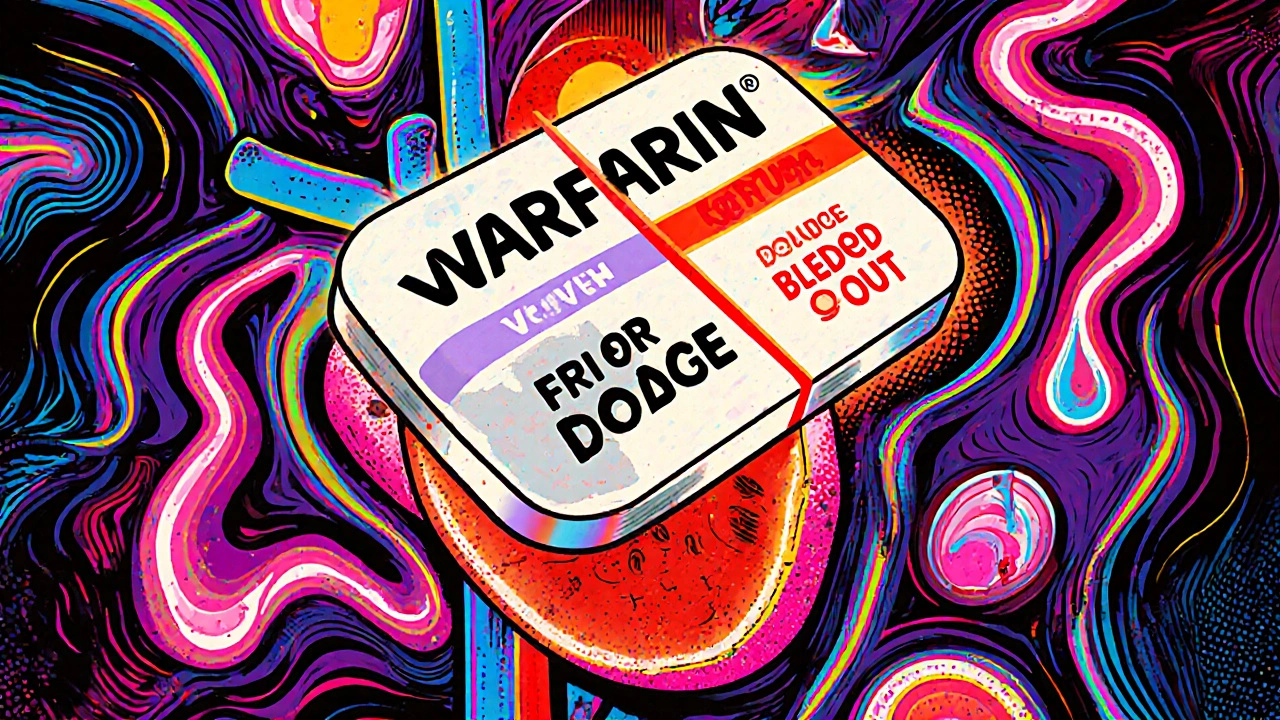NTI Drugs: What They Are, Why They Matter, and How to Manage Them Safely
When a medication has a Narrow Therapeutic Index, a small difference in dose or blood level can lead to serious toxicity or treatment failure. Also known as NTI drugs, these are not like regular prescriptions—they demand precision. Think warfarin, lithium, phenytoin, or cyclosporine. One pill too much, and you risk bleeding, seizures, or organ damage. One too little, and the condition comes roaring back. This isn’t theoretical—it’s why pharmacists and doctors pause before swapping a brand for a generic, even when the labels look identical.
NTI drugs don’t play by the same rules as most others. The FDA says generics are bioequivalent, but with NTI drugs, "equivalent" doesn’t always mean "safe to swap." A 10% difference in absorption might be fine for an antibiotic, but for digoxin, it could send your heart into arrhythmia. That’s why some states restrict automatic substitution, and why insurers often require prior authorization even for generics. It’s not about cost control—it’s about keeping you alive. And if you’re on one of these drugs, your pharmacist isn’t just filling a script—they’re acting as your safety net.
Managing NTI drugs means more than just taking your pills. It means tracking symptoms, knowing your lab numbers, and speaking up if something feels off. A simple switch from one brand of levothyroxine to another? That’s not just a price change—it could mean your TSH levels spike or crash. That’s why many patients on NTI drugs end up sticking with the same manufacturer, even if it costs more. And if your insurance tries to force a switch? You have rights. You can appeal. You can ask for a formulary exception. You can work with your doctor to document why stability matters more than savings.
Below, you’ll find real-world guides on how insurance handles generic drugs, when switching is risky, how prior authorization blocks even cheap meds, and what to do when your coverage changes. These aren’t abstract rules—they’re the tools you need to avoid hospital visits, lab disasters, and dangerous surprises. If you’re on an NTI drug, this isn’t just information. It’s protection.
